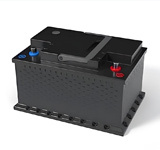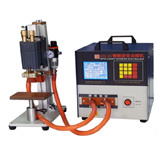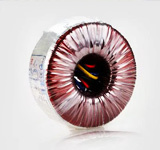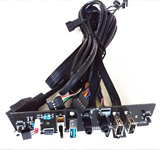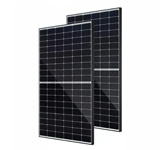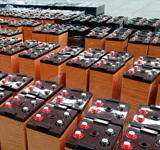How to protect Heating Tube?
Release time:
Mar 27,2024
Heating tubes are important components in various heating systems, such as water heaters, boilers, and industrial furnaces. To ensure their efficiency and longevity, it is important to protect them from damage and wear. Here are some tips on how to protect heating tubes:
1. Regular maintenance: Regular maintenance is essential to keep heating tubes in good condition. This includes cleaning, inspecting for signs of wear or damage, and replacing worn-out parts. By keeping heating tubes well-maintained, you can prevent potential issues that could lead to costly repairs or replacements.
2. Use proper insulation: Proper insulation is crucial to protect heating tubes from extreme temperatures and thermal shock. Insulating materials help to maintain consistent heat levels and prevent heat loss, which can prolong the lifespan of heating tubes. Make sure to choose insulation materials that are suitable for the specific operating conditions of your heating system.
3. Monitor operating conditions: Monitoring the operating conditions of heating tubes is important to prevent overheating and other issues that can damage the tubes. Keep an eye on temperature levels, pressure, and flow rates to ensure that the heating system is operating within safe parameters. Install monitoring systems or sensors to detect any abnormalities and take corrective actions promptly.
4. Avoid sudden temperature changes: Sudden temperature changes can cause thermal shock and damage heating tubes. To prevent this, avoid rapid changes in temperature by gradually increasing or decreasing the heat output of the heating system. This will help to minimize stress on the heating tubes and prevent them from cracking or breaking.
5. Clean regularly: Dirt, debris, and corrosion can accumulate on heating tubes over time, reducing their efficiency and lifespan. Regular cleaning is essential to remove these contaminants and ensure that the tubes are functioning properly. Use appropriate cleaning agents and methods to remove build-up without damaging the tubes.
6. Protect from corrosion: Corrosion is a common issue that can damage heating tubes and reduce their lifespan. To protect against corrosion, use corrosion-resistant materials for the tubes and implement preventive measures, such as applying protective coatings or inhibitors. Regularly inspect the tubes for signs of corrosion and address any areas of concern promptly.
7. Avoid mechanical damage: Heating tubes can be susceptible to mechanical damage from impacts, vibrations, or improper handling. Take precautions to prevent physical damage to the tubes, such as installing protective guards, securing them properly, and avoiding rough handling during maintenance or installation.
By following these tips, you can protect heating tubes and ensure that they remain in good condition for optimal performance. Proper maintenance, monitoring, and precautions can help to extend the lifespan of heating tubes and prevent costly repairs or replacements.
Related News
High-Precision COS Casting and Welding Equipment
Dec 21,2024
High-efficiency lead-acid equipment manufacturer
Aug 19,2024
What should be noted when using Prismatic Cell?
Mar 27,2024






